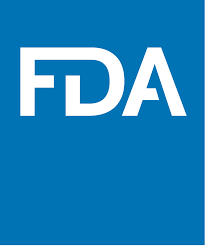U.S. FDA to tighten coronavirus vaccine trial standards ahead of November election -paper
According to the report, the FDA is expected to ask vaccine manufacturers seeking an emergency authorization to follow trial participants for a median of at least two months after they receive a second vaccine shot.

- Country:
- United States
The U.S. Food and Drug Administration is expected to soon announce new, higher standards for an emergency authorization of a coronavirus vaccine, lowering the chances that a vaccine might be cleared before the Nov. 3 election, the Washington Post reported on Tuesday.
The agency is issuing the guidance to boost transparency and public trust as health experts have become increasingly concerned that the Trump administration might be interfering in the approval process, the newspaper said. According to the report, the FDA is expected to ask vaccine manufacturers seeking an emergency authorization to follow trial participants for a median of at least two months after they receive a second vaccine shot. It also said the agency is asking that trials identify a specific number of cases of severe COVID-19, the disease caused by the coronavirus, in patients treated with a placebo.
Few vaccine developers were expected to have definitive trial results before the election, but Pfizer Inc has said it might have data for the FDA to review by late October — although that timetable could slip with the new guidance. Moderna Inc has said it is unlikely to have data in October. AstraZeneca Plc's trial in the United States is halted while investigators try to determine whether a serious neurological problem in one participant in Britain was caused by the vaccine. Moderna and Pfizer began their trials on July 27, and took about a month to enroll 15,000 people, the halfway point for their planned enrollment of 30,000 people. The trials are designed for people to receive their second shot either three or four weeks later. Two months of follow-up would make it unlikely the companies would have enough data before mid-November.
(This story has not been edited by Devdiscourse staff and is auto-generated from a syndicated feed.)










